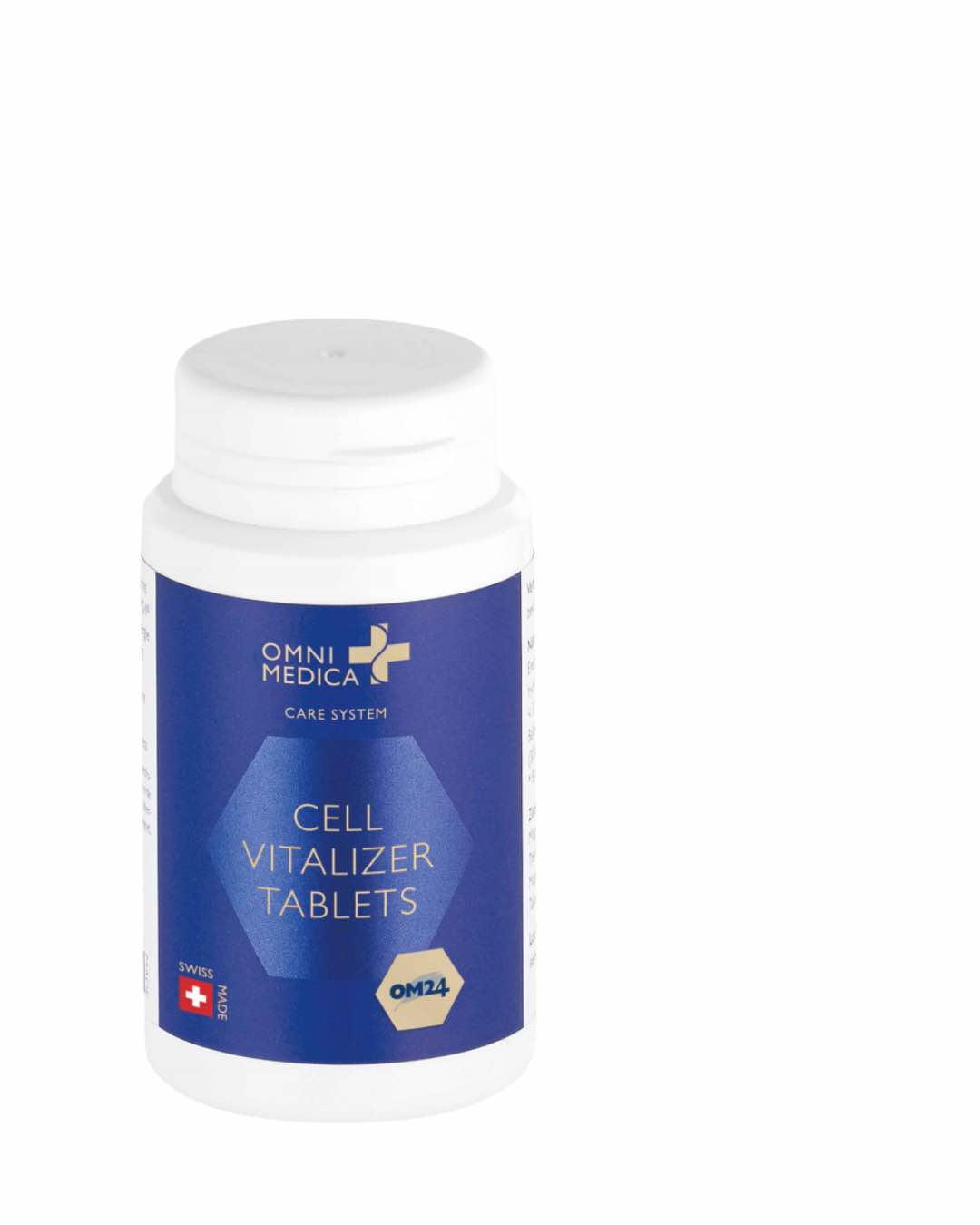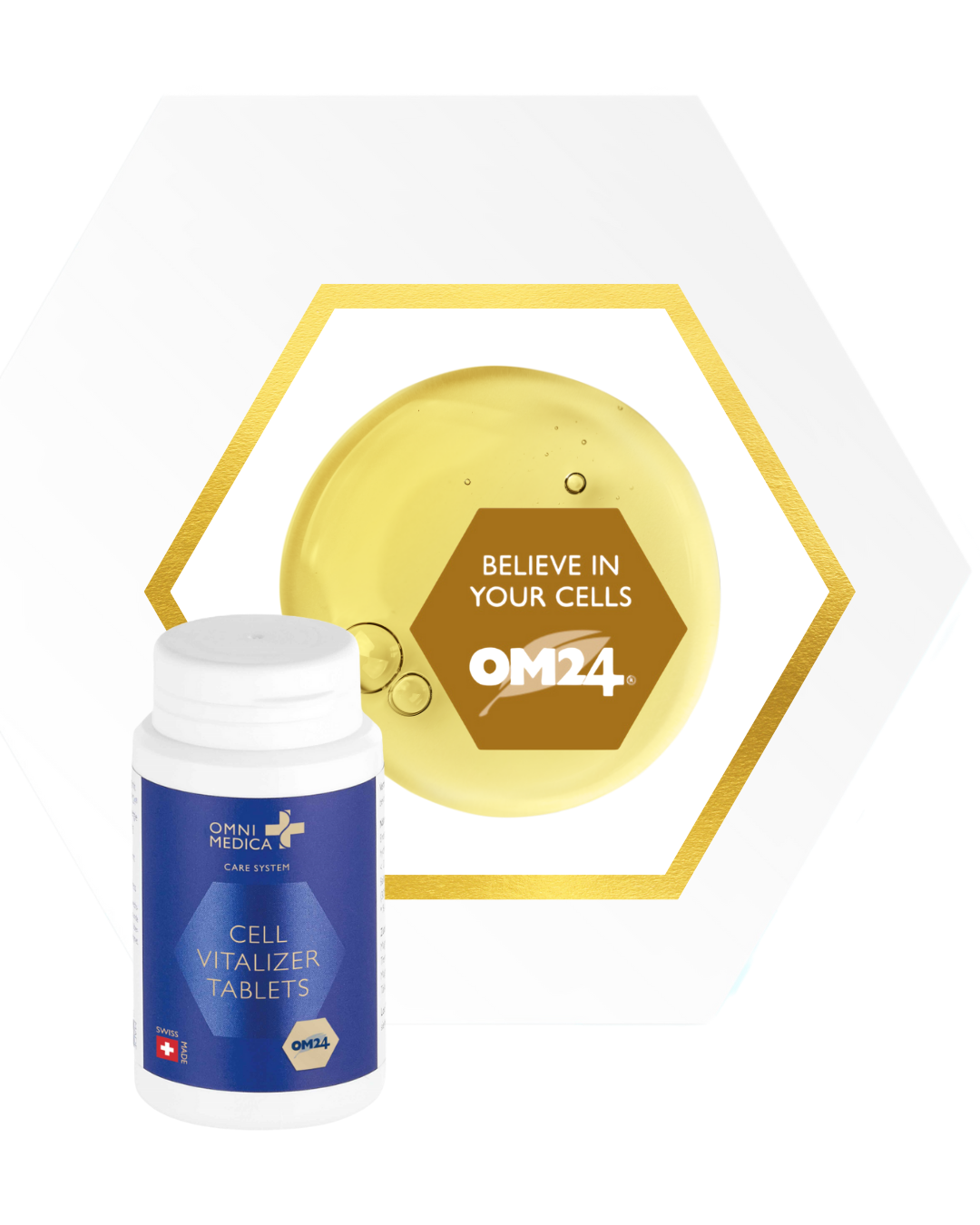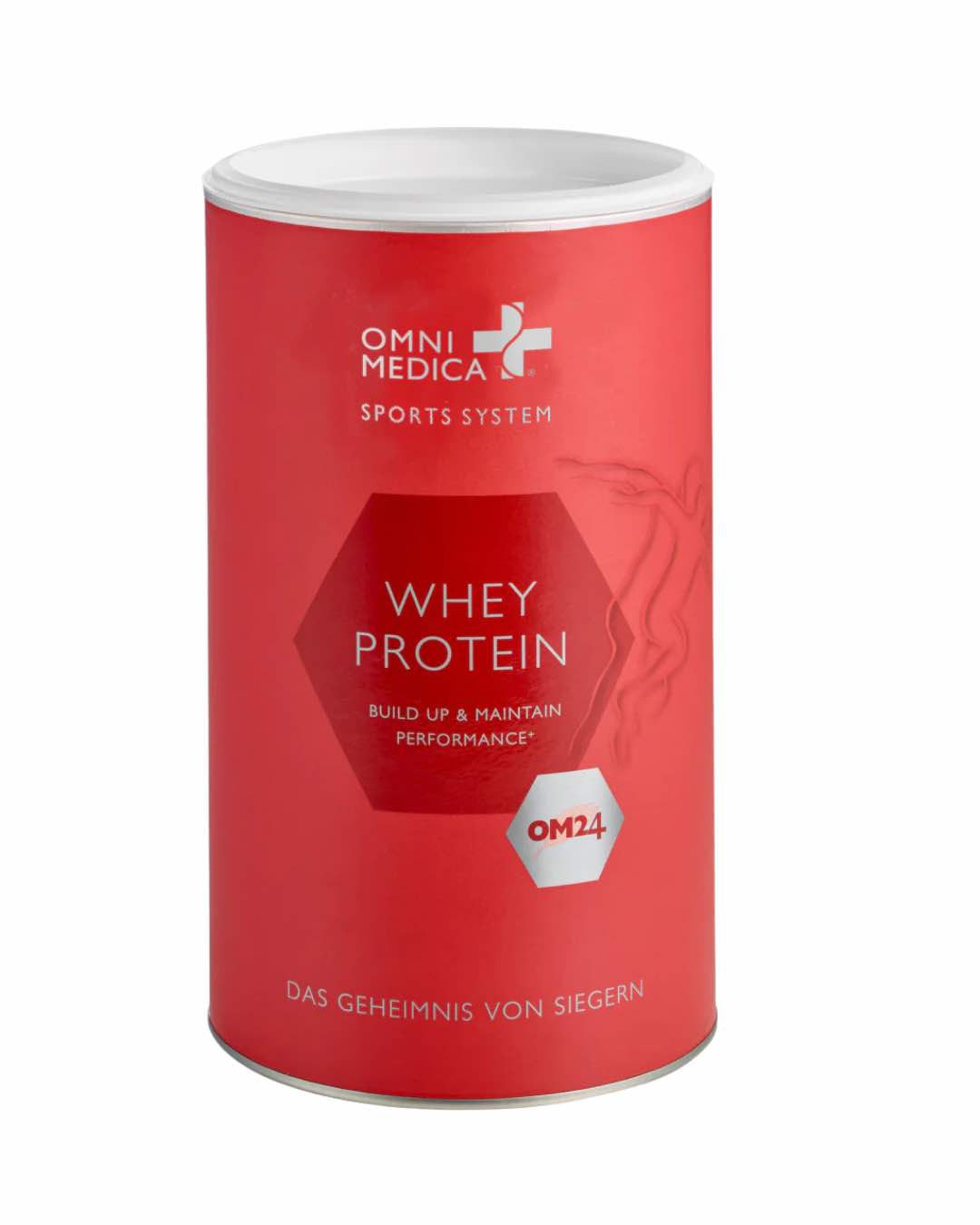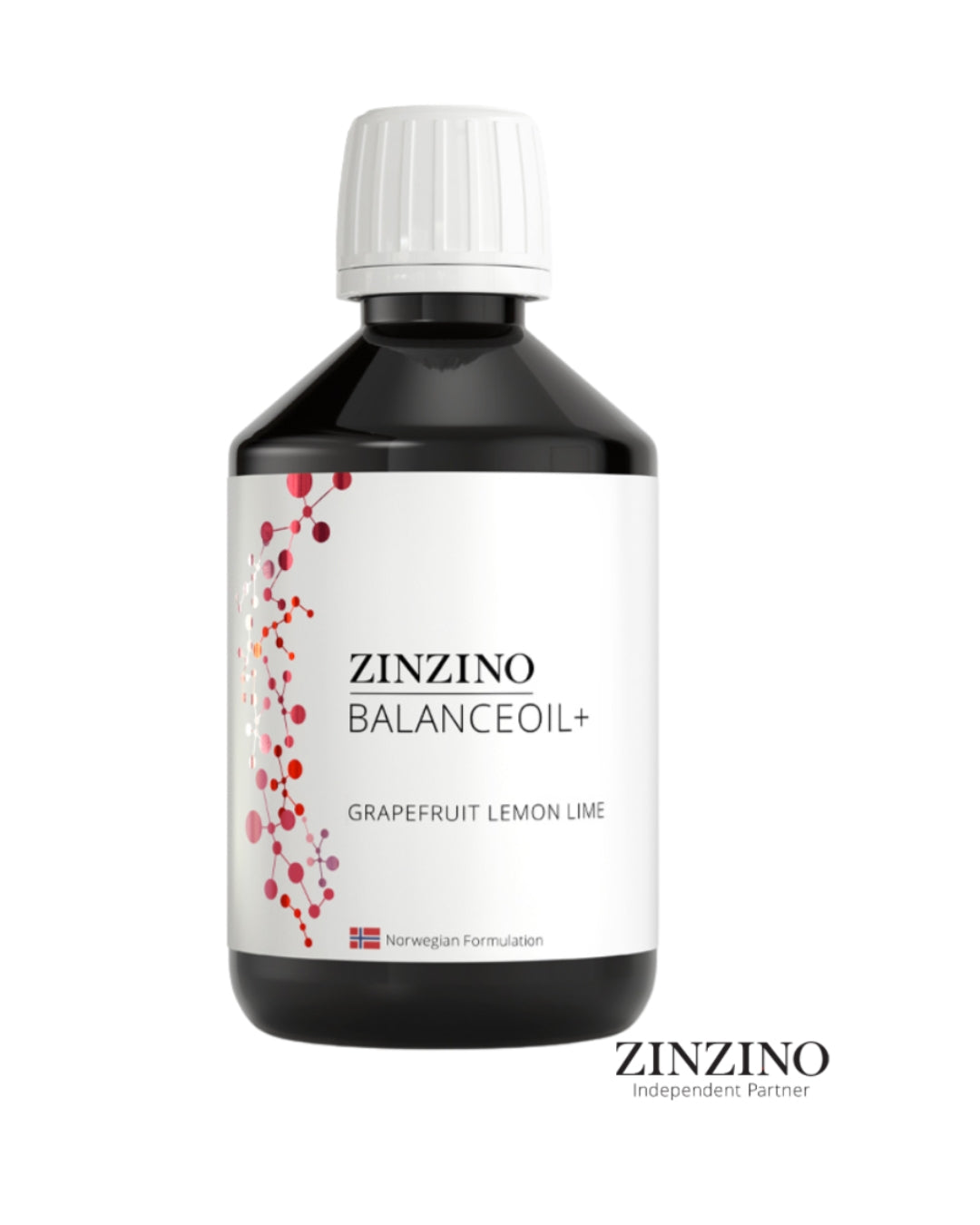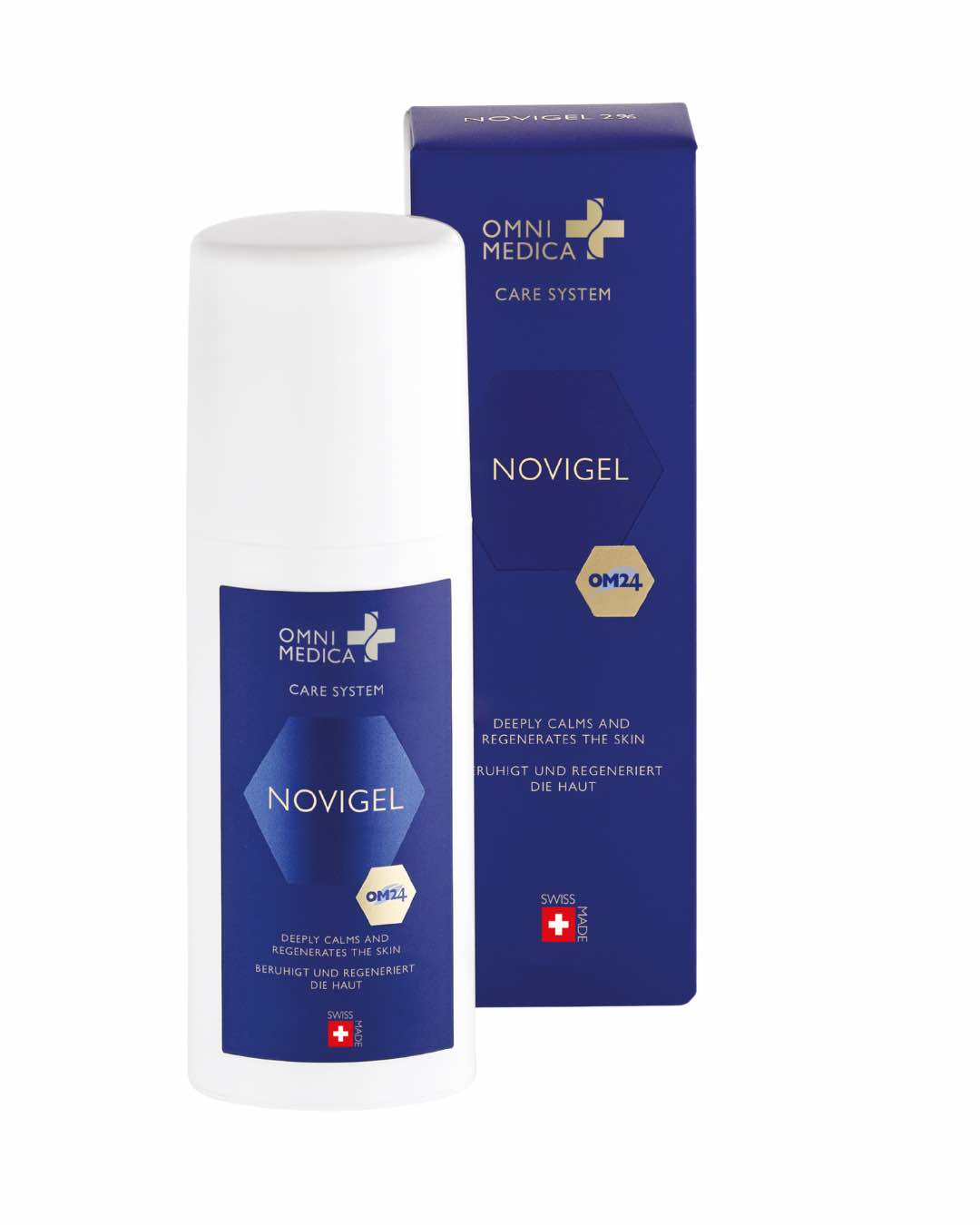The heart is the engine of our body - it beats around 100,000 times a day and pumps
around 7,000 liters of blood through our veins. It tirelessly supplies all organs and cells
with oxygen and nutrients so that our body can function properly. Without a
healthy heart, our entire organism grinds to a halt. Nevertheless, many
people take heart health for granted - often until it is too late. Cardiovascular
disease is the most common cause of death worldwide and affects people
of all ages.
One of the most important foundations for a healthy heart is stable blood pressure. If
blood pressure is permanently high, this can put a lot of strain on our heart and significantly increase the risk of
heart attacks and strokes. High blood pressure often goes
unnoticed for a long time, which makes it particularly dangerous. As a result, the heart has to work harder
to pump the blood through stiffer arteries. In the long term, this leads to damage to
the blood vessels and weakens the heart.
But there is good news: we can actively do something to keep our heart healthy
- every day! With simple habits such as a balanced
diet, regular exercise and reducing stress, the risk of
cardiovascular disease can be significantly reduced. In addition, special nutrients
can also support heart health.
In this blog post, you will find out how you can protect and strengthen your heart in the long term with simple habits and targeted
prevention.
What everyone can do for a healthy heart in everyday life
A healthy heart doesn't need much, but it does require conscious decisions in everyday life.
There are simple things that each of us can do to protect the heart and prevent cardiovascular
diseases.
- NutritionOur diet plays a crucial role in heart health. By eating less sugar, saturated fats and processed foods, we can significantly reduce the burden on our heart. Instead, we should prioritize fresh fruits, vegetables, whole grains and healthy fats such as those from olive oil, canola oil or nuts. These foods help to lower cholesterol levels and keep the blood vessels clean.
- ExerciseRegular physical activity is also a key to a healthy heart. Just 30 minutes of exercise a day - be it walking, cycling or light jogging - can make a big difference. Exercise not only strengthens the heart, but also helps to lower blood pressure, maintain weight and reduce stress.
- Stress managementStress is a common risk factor for heart problems. Anyone who is constantly under pressure risks their heart health in the long term. Relaxation techniques such as meditation, yoga or simply deep breathing can help to reduce stress and take the strain off the heart. Taking short breaks in everyday life or consciously switching off in the evening can also help to reduce stress levels.
- Sleep and recoverySufficient sleep is just as important for our heart as exercise and nutrition. While we sleep, our body regenerates and the heart gets the rest it needs. If you regularly sleep too little, you increase your risk of high blood pressure and heart disease. You should therefore make sure you get at least 7 to 8 hours of restful sleep per night.
With these simple habits, you can actively contribute to keeping your heart strong and
healthy - today and in the future.
Prevention with L-carnitine, omega-3 and OM24®
In addition to a healthy lifestyle, there are certain nutrients that can also support the heart
. These include L-carnitine, omega-3 fatty acids and OM24®. These substances
contribute in different ways to strengthening the heart and keeping it functioning optimally
.
- L-CarnitineL-carnitine is a naturally occurring substance that plays an important role in energy metabolism. It helps the body to convert fats into energy, which is particularly important for the heart, as this organ needs a lot of energy to work efficiently. L-carnitine can support heart function in people with heart problems. It can also help to increase resilience and improve the ability to recover after physical exertion, thereby improving general well-being.
- Omega-3 fatty acidsOmega-3 fatty acids are polyunsaturated fatty acids found in fatty fish such as salmon, mackerel and herring, as well as plant sources such as flax and chia seeds. They regulate the triglyceride level in the blood, which is important for general heart health. Omega-3 fatty acids are therefore an important part of a heart-friendly diet.
- OM24®OM24® is a natural extract from the Camellia Sinensis tea plant, which is rich in antioxidants. These antioxidants help to protect cells from oxidative stress. Oxidative stress occurs when free radicals get out of hand in the body and damage cells. In the long term, this can lead to inflammation and damage to the blood vessels. OM24® helps to protect the cells and thus support vascular health, which in turn can relieve the heart.
By combining these nutrients with a healthy diet and sufficient
exercise, you can actively contribute to the health of your heart.
Conclusion
A healthy heart is crucial for our overall well-being and each of us
can actively contribute to this. With a balanced diet, regular exercise, sufficient sleep and a conscious approach to stress, the heart can be protected in the long term
. In addition, special nutrients such as L-carnitine, omega-3 fatty acids
and OM24® can support heart health efforts by promoting
energy metabolism, regulating blood pressure and protecting cells from oxidative damage
.
By integrating these simple measures into your everyday life, you are laying the foundations
for a strong and healthy heart - today and in the future. Prevention is the key,
to prevent cardiovascular disease and improve your quality of life in the long term.
Protect your heart by actively looking after your health!




